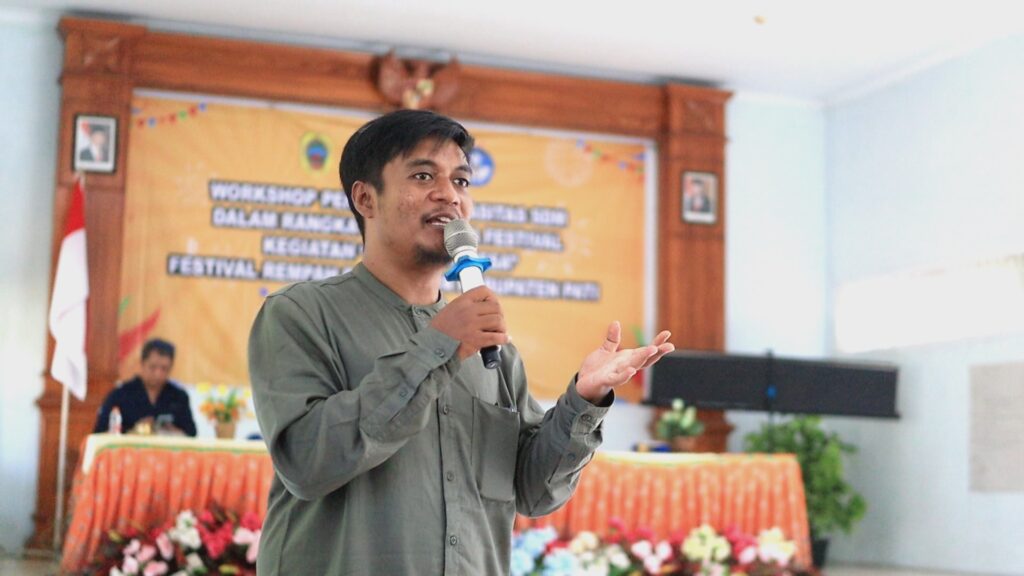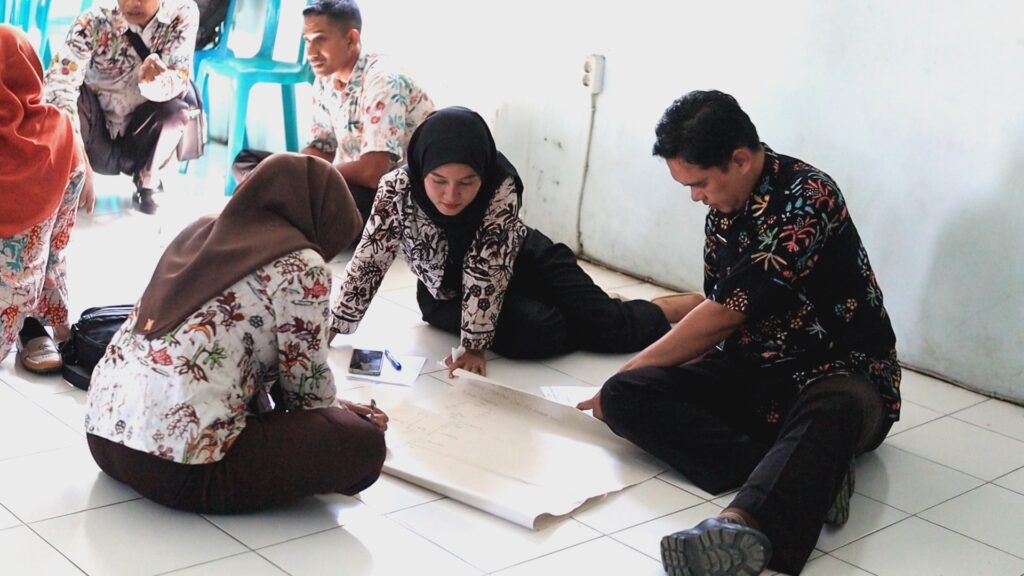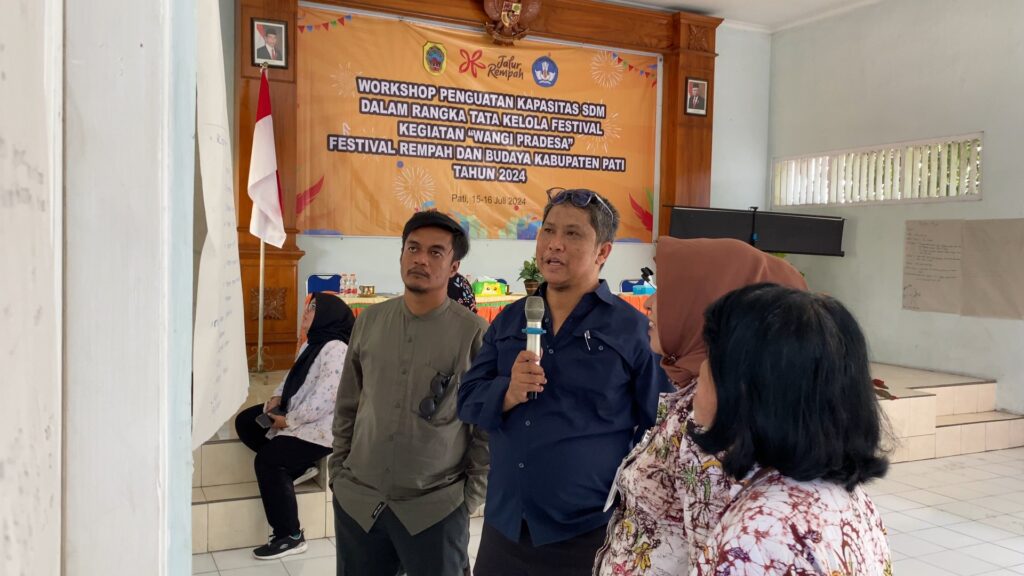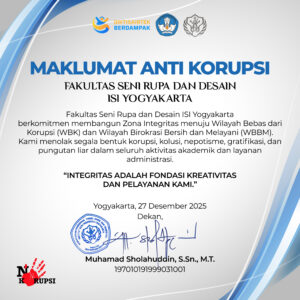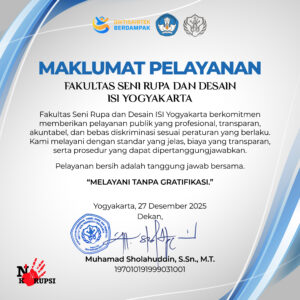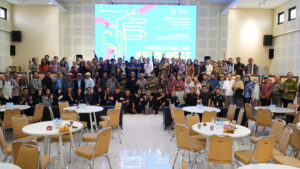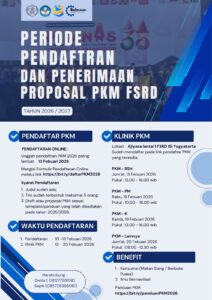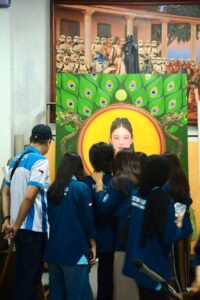In order to manage the activities of "Wangi Pradesa" - Pati Regency Spice and Culture Festival 2024, one of the ISI Yogyakarta lecturers was invited as a training resource person. This management workshop agenda was held on July 15-16, 2024 at SMP Negeri 4 Pati, Central Java. The organizer was the Department of Education and Culture (Disdikbud) of Pati Regency, Central Java.
The training aimed to improve the knowledge, skills and creativity of art teachers and cultural actors. There were at least 80 participants, consisting of junior high school art and culture teachers in Pati district, artists, the "Wangi Pradesa" work team, and staff from the Culture Division of Disdikbud Pati district.
For two days the teachers were accompanied by resource persons who are also lecturers from the Art Management S1 Study Program of FSR ISI Yogyakarta, namely Jangkung Putra Pangestu, S.Pd., M.Sn. In addition, there was Bagus Ujianto from the Pati Regency Cultural Preservation Agency.
The workshop material includes the spice route, meeting the potential of the object of cultural promotion (OPK) of the spice route. In addition, material on cultural heritage heritage of the spice route, development and utilization of the cultural potential of the spice route was also given. Technical material about the curatorial culture of the spice route, as well as the management of the spice route culture as a cultural attraction and festival is no less important material.
All materials were given to translate the history of the spice route as a cultural heritage that will later be translated into a festival. All participants seemed very enthusiastic during the workshop. Some participants admitted that their regions had various types of OPK that had not been developed. They would like to develop these OPKs in the "Wangi Pradesa" festival.
On the first day, participants were involved in discussions about the spice route, culture, and festivals. The second day continued the discussion on OPK and continued with the identification of OPK in their respective regions. The results of the OPK identification were used as ideas to be translated into works that will be displayed at the Wangi Pradesa Festival in August. At the end of the event, the participants presented the concept of work based on each region's OPK and discussed with each other.
Hopefully, this agenda can become a sustainable collaboration between the relevant institutions above.
